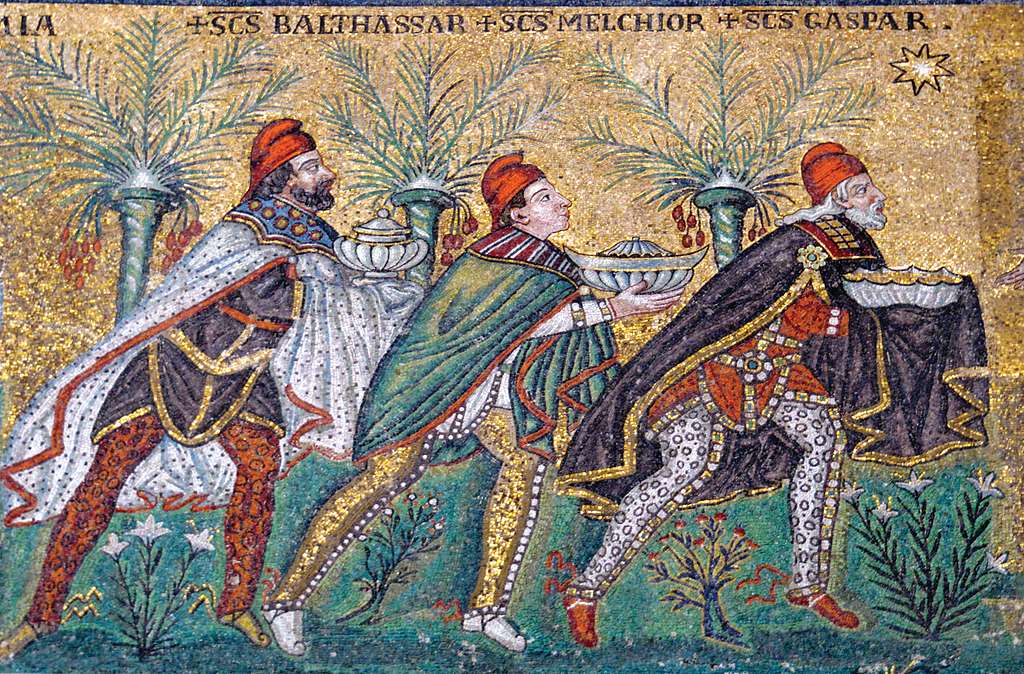While venturing years ago in the (often) arid fields of a graduate course on “Literary Theory,” I came upon Russian Formalism. Unlike other obfuscating theories that carried the reader away from the text, Formalism insisted on the deep connection between life and art. Viktor Shklovsky described a particular problem of human experience: “Things that have been experienced several times begin to be experienced in terms of recognition: a thing is in front of us, we know this, but we do not see it.” I recognize my coffee maker and mug. I know their use; yet, they are not seen in their essence but only in their familiarity. Our perceptions become, in other words, dulled by repetition.
For Shklovsky and the Formalists, art helps resolve this problem by “defamiliarizing” our habitual perceptions. In an aesthetic encounter, we face the unique, non-identical quality of the world around us. Shklovsky beautifully summarizes this transformation:
And so this thing we call art exists in order to restore the sensation of life, in order to make us feel things, in order to make a stone stony. The goal of art is to create the sensation of seeing, and not merely recognizing, things; the device of art is the “enstrangement” of things and the complication of the form, which increases the duration and complexity of perception, as the process of perception is, in art, an end in itself and must be prolonged.
This “estrangement” is crucial because that which we most value is often that which most frequently slips into dull repetition. We become deeply familiar with the people and places we love. And thus, we need art to shake us from our stupor, to remind us of the beautiful curl of a child’s hand, the charming uniqueness of a friend’s laugh, and the smooth contours of a well-bound book.
Or, most importantly, art defamiliarizes the truths and rituals that we celebrate. In T.S. Eliot’s “Journey of the Magi,” Eliot defamiliarizes the Christmas story by refracting it through a Magi’s perspective and reimagining how death and life are intimately intertwined.
Journey of the Magi
By T.S. Eliot
‘A cold coming we had of it,
Just the worst time of the year
For a journey, and such a long journey:
The ways deep and the weather sharp,
The very dead of winter.’
And the camels galled, sore-footed, refractory,
Lying down in the melting snow.
There were times we regretted
The summer palaces on slopes, the terraces,
And the silken girls bringing sherbet.
Then the camel men cursing and grumbling
And running away, and wanting their liquor and women,
And the night-fires going out, and the lack of shelters,
And the cities hostile and the towns unfriendly
And the villages dirty and charging high prices:
A hard time we had of it.
At the end we preferred to travel all night,
Sleeping in snatches,
With the voices singing in our ears, saying
That this was all folly.
Then at dawn we came down to a temperate valley,
Wet, below the snow line, smelling of vegetation;
With a running stream and a water-mill beating the darkness,
And three trees on the low sky,
And an old white horse galloped away in the meadow.
Then we came to a tavern with vine-leaves over the lintel,
Six hands at an open door dicing for pieces of silver,
And feet kicking the empty wine-skins,
But there was no information, and so we continued
And arrived at evening, not a moment too soon
Finding the place; it was (you may say) satisfactory.
All this was a long time ago, I remember,
And I would do it again, but set down
This set down
This: were we led all that way for
Birth or Death? There was a Birth, certainly,
We had evidence and no doubt. I had seen birth and death,
But had thought they were different; this Birth was
Hard and bitter agony for us, like Death, our death.
We returned to our places, these Kingdoms,
But no longer at ease here, in the old dispensation,
With an alien people clutching their gods.
I should be glad of another death.
Eliot begins by sketching a picture of alienation. The Magi’s journey is not triumphant nor assuredly successful. Their trek is speculative and constantly defined by friction and uncertainty: “A hard time we had of it.” In this friction, the Magi experience the universal existential doubt: “With the voices singing in our ears, saying / That this was all folly.” Are their hopes vacuous? Are the pleasures of the “palaces,” “girls,” and “sherbet” all that one can hope for? Eat, drink, and be merry for tomorrow you die. The Magi have ventured forth, looking for something more than the palaces can offer. Their journey is a radical search, answering a call without a disclosed goal. A venture of faith.
And yet, out of the existential desert, they arrive into the “temperate valley.” This oasis speaks of things to come, but its messages are partial. The Gospel narrative is veiled in “three trees,” a “white horse,” and men dicing for “pieces of silver.” These allusions are moments of hope but their fulfilment remains unrealized. The “wine skins” are empty. They continue.
When the Magi finally arrive, the reader encounters the most peculiar line in the poem. After the long, arduous journey, the culminating encounter with Christ is said to be “satisfactory.” One cannot help but feel underwhelmed at this description. However, its affect is revealed in its defamiliarizing work. Its unexpectedness slows us down, “which increases the duration and complexity of perception.” It forces us to give substantial attention to the word itself. When we investigate its etymology, one discovers that the English word is derived from the Old French satisfactorie (“expiatory, capable of atoning for sin”) and the Latin satisfacere (“discharge fully, comply with, make amends”). Suddenly, what was once an underwhelming description blossoms with theological richness.
In the final stanza, one of the Magi, our narrator, reflects on the lasting repercussions of their journey. Again, we encounter the unexpected and unfamiliar: “Were we led all that way for / Birth or Death?” Anyone with a cursory understanding of the Nativity story would quickly reply, “Birth!” Notice how Eliot complicates this:
There was a Birth, certainly, We had evidence and no doubt. I had seen birth and death, But had thought they were different; this Birth was Hard and bitter agony for us, like Death, our death.
In our everyday use, we understand birth and death as distinct and incompatible events. And yet, this “Birth” was different. It was a birth that was like death, a particular death: our own. In the encounter with Jesus, new life is offered to humanity (as Jesus will describe to Nicodemus), yet this second birth is accomplished through death. The old self must die. Our death and life occur in the same encounter. It is impossible to extricate them; they are different sides of the same coin.
Like any great storyteller, Eliot brings the reader full circle. The Magi return to their palaces, but something has changed. Or, more precisely, they have changed:
We returned to our places, these Kingdoms, But no longer at ease here, in the old dispensation, With an alien people clutching their gods. I should be glad of another death.
They are now exiles in their former kingdoms. The baby King, whom Herod fears, has redefined their citizenship and revealed that the pleasures (that would have prevented their journey) are small “gods,” contained and controlled by “clutching” hands. This transformation culminates in the final line: “I should be glad of another death.” At first, this seems morbid, a disheartening conclusion for the Magi. And yet—once again—defamiliarization strikes. If we have been careful readers, we know that life and death have been brought together in this particular Birth. And so, we can just as easily read, “I shall be glad of another life.” As spiritual death was accompanied by spiritual birth, so physical death is accompanied by physical life. Death itself is transformed; it is no longer a terminus but a kind of birth. Eliot’s last word is “death,” but his final message is resurrection.
Image Via: PICRYL





1 comment
Michael Sauter
This was perfect. Thank you.
Comments are closed.